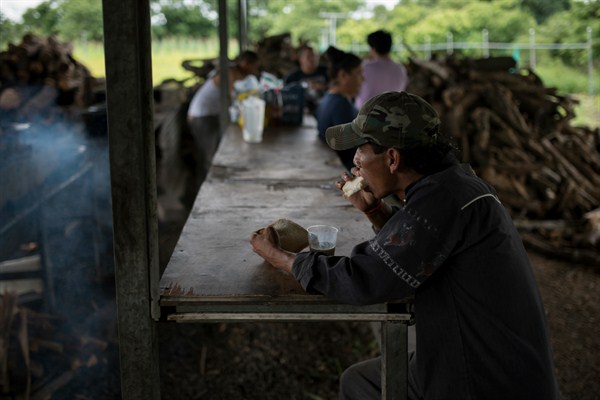The ongoing crackdown by security forces in Nicaragua against anti-government demonstrators has left hundreds dead and thousands wounded, causing many Nicaraguans to flee to neighboring Costa Rica. According to the Costa Rican government, around 17,000 Nicaraguans have presented asylum applications or have appointments to do so in the coming weeks, taxing the resources of a small country that has historically been friendly to migrants from Central America and beyond. In an email interview, Caitlin Fouratt, an anthropologist and professor at California State University, Long Beach who conducts research among migrants and refugees in Costa Rica, discusses the political, budgetary and multilateral dimensions of the refugee crisis.
World Politics Review: What is the current situation in Costa Rica with regard to Nicaraguan refugees, and what has the domestic response to the influx been so far?
Caitlin Fouratt: Costa Rica has long been a major destination country for Nicaraguan migrants. However, in the wake of protests in Nicaragua that began in April, there has been a notable increase in Nicaraguans fleeing violence and repression. According to the Costa Rican government, around 17,000 Nicaraguans have presented asylum applications or have appointments to do so in the coming weeks.

